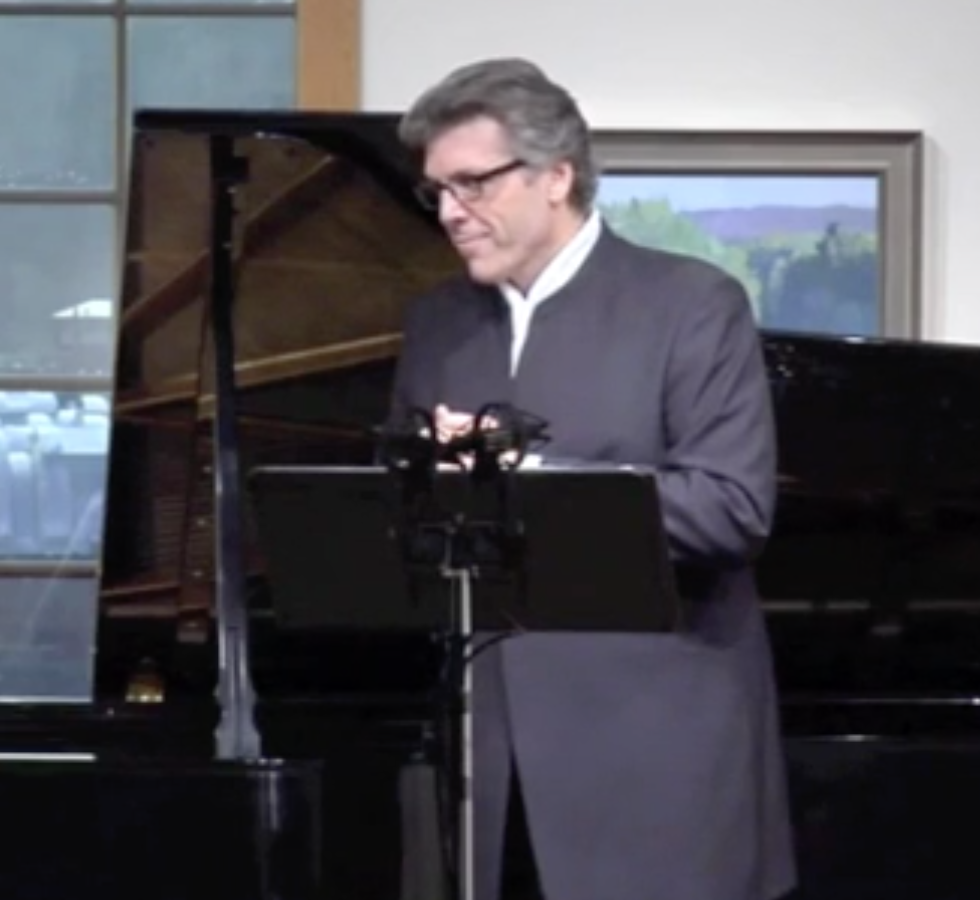About
After the success of his 1910 occasional poem “Saint-Gaudens, an Ode,” Johnson was widely regarded as America’s unofficial Poet Laureate. He published his memoirs, Remembered Yesterdays, in 1923, and his collected verse in 1931 as Poems of Fifty. Charles Ives was drawn to Johnson’s work in the 1920’s, when he set “At Sea,” “Luck and Work,” “The Housatonic at Stockbridge,” and “Premonitions.” The affinity Ives felt for Johnson is no mystery: both shared the Transcendental faith, and to both Nature was a mystic, empathetic, often healing power whose harmonies held the key to man’s understanding of life’s underlying rhythms.
Johnson’s “The Housatonic at Stockbridge” is a longer poem from which Ives excerpted the text he used for his song. In the complete verses, the poet has the opportunity to ramble at leisure, as does the river (a metaphor for life’s journey and the eternal source of creation), gathering strength and wisdom before rushing forward into the unknown. Similar water imagery defines “At Sea,” though here the distant shoreline, which holds the beloved, is definable only by the heart. The adventurous, even death-defying poetic spirit is again the subject of “Premonitions,” in which Nature’s intimations leave a vague uneasiness–a “shadow on the grass, a song which falters in the throat”–and yet the poet answers the forward call of new horizons. It is this courage to act and to take responsibility for actions that is also the theme of “Luck and Work.”
For Johnson, as for so many American Romantics who were weaned on the 19th century’s passion for our primeval wilderness, life’s journey was, by definition, a voyage to the unknown in which Nature left roadmarkers for the soul.
–Thomas Hampson and Carla Maria Verdino-Süllwold, PBS I Hear America Singing
Photo: Digital ID: cph 3a03245 Source: b&w film copy neg. Reproduction Number: LC-USZ61-1494 (b&w film copy neg.) DIGITAL ID: (b&w film copy neg.) cph 3a03245 http://hdl.loc.gov/loc.pnp/cph.3a03245


